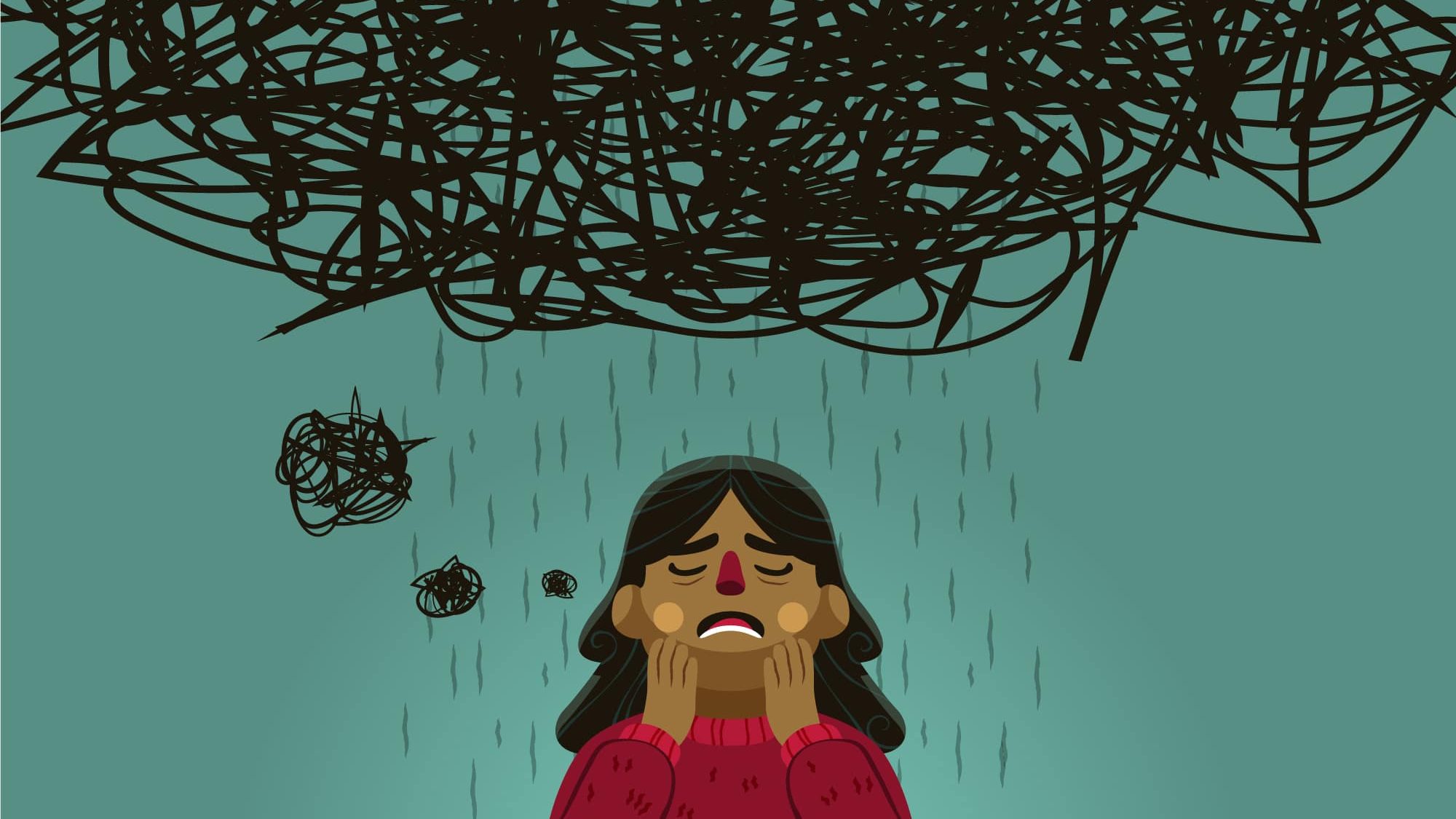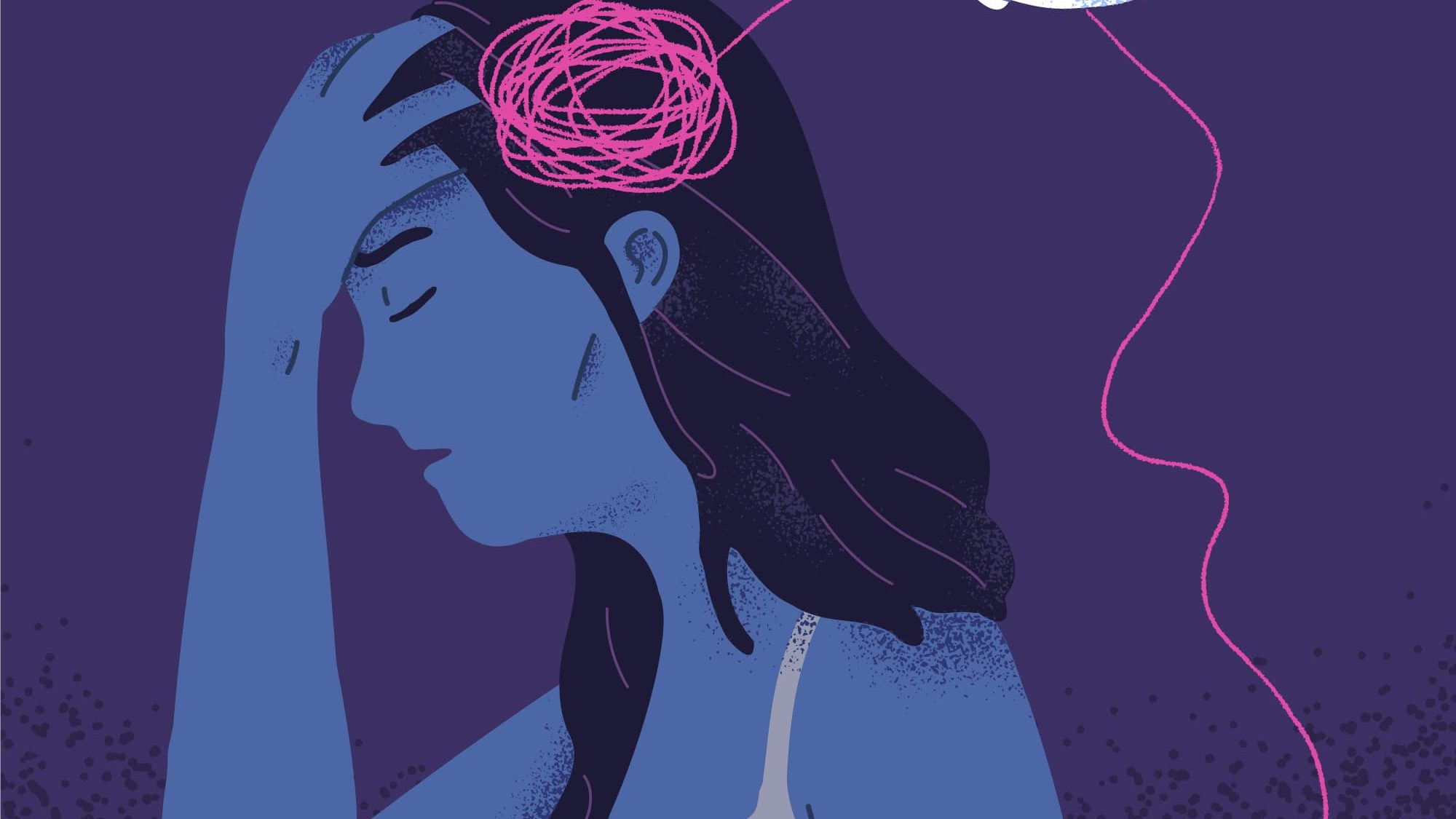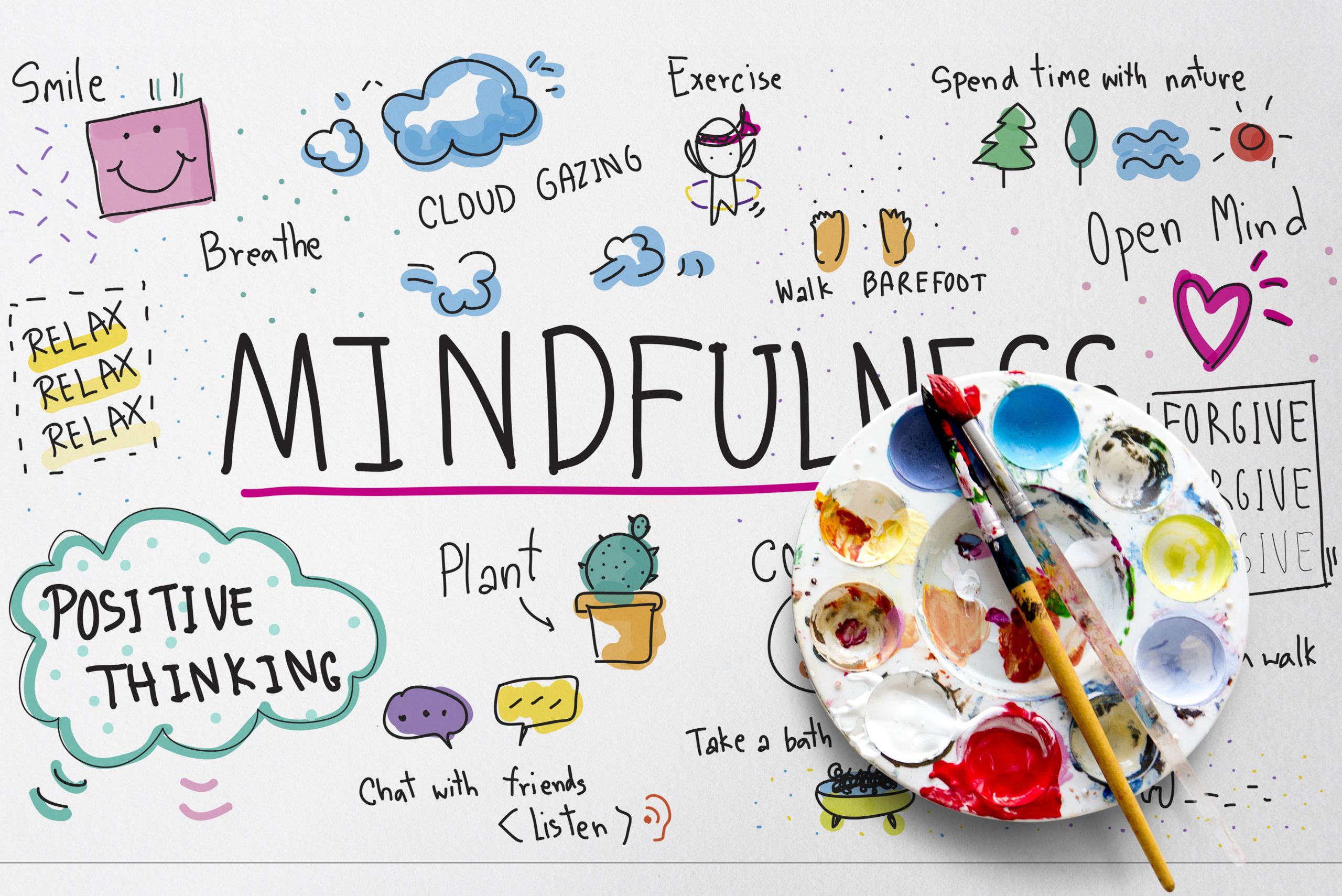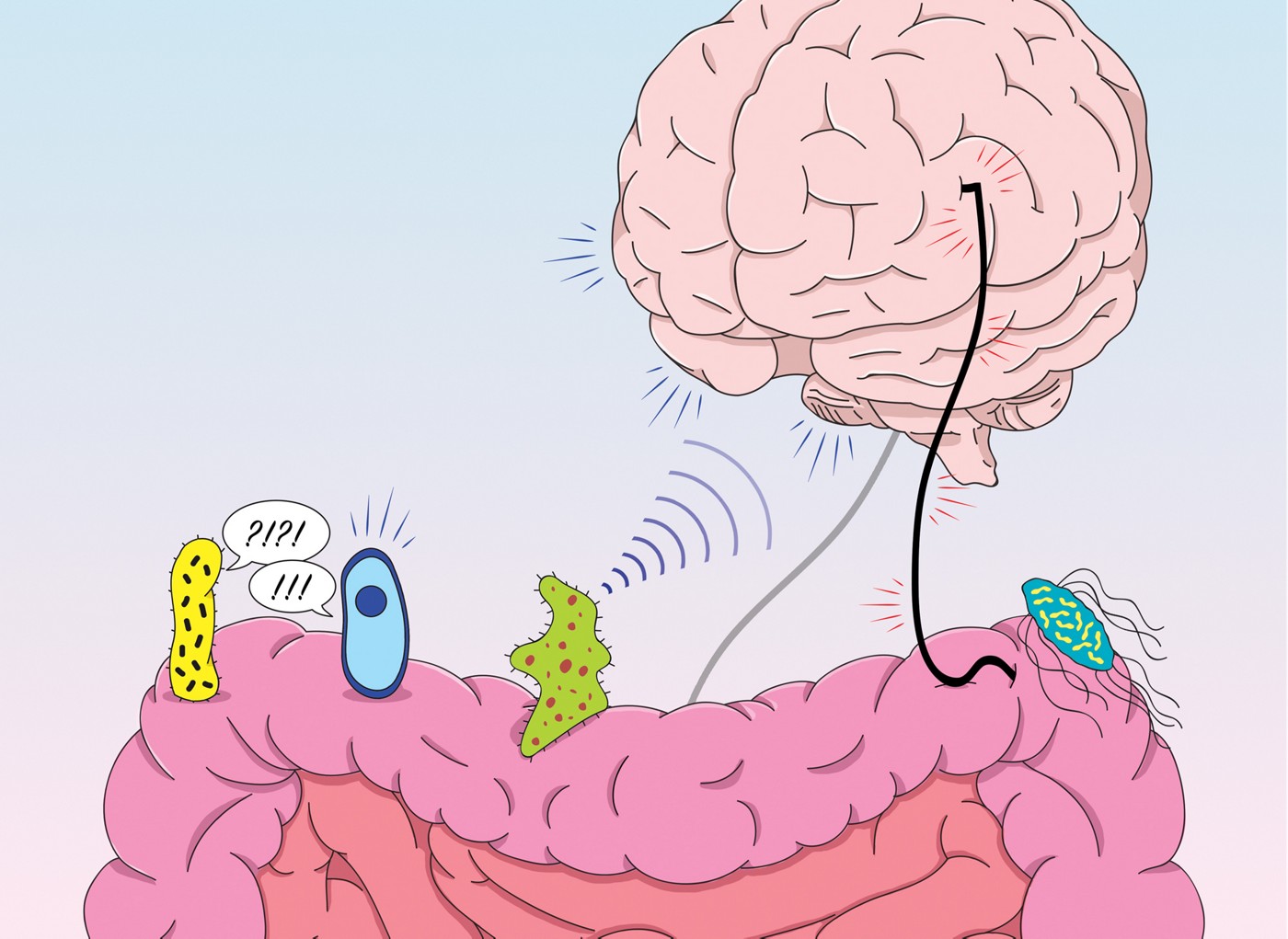Mental health is defined by the World Health Organisation as:
“A state of wellbeing in which every individual realizes his or her own potential, can cope with the normal stresses of life, can work productively and fruitfully, and is able to make a contribution to her or his community.”

Mental health is more than just the absence of mental illness; it’s a state of wellbeing in which individuals can realize their potential, cope with life’s stresses, work productively, and contribute to their communities, as defined by the World Health Organization. In this blog, we will explore the intricate relationship between mental health, physical wellbeing, and social interconnectedness, and how these factors influence individuals, families, and society at large.
Mental Health Consequences
The Inseparable Trio: Mental, Physical, and Social Wellbeing:
Mental, physical, and social wellbeing are inextricably linked. Good mental health isn’t just a personal asset; it enhances physical health, functional abilities, and the ability to recover from illnesses.
Furthermore, it has a significant impact on various social aspects including educational attainment, economic productivity, family relationships, social cohesion and overall quality of life within communities.
The Cycle of Mental Health:
Poor mental health can both be a consequence and a cause of inequalities and social exclusion. Individuals facing mental health challenges often encounter numerous barriers to full participation in society, including stigma and discrimination. This creates a cycle where societal factors contribute to mental health problems, and these problems, in turn, exacerbate social disparities.
A Widespread Public Health Challenge:
Mental health issues are among the most pervasive public health challenges, contributing significantly to illness and disability, particularly in regions like Scotland. In Europe, neuropsychiatric conditions are the second largest cause of poor health, only surpassed by heart disease. Depression and anxiety stand out as the most common causes of mental ill-health, playing a crucial role in sickness-related absences from employment.
The Nexus Between Mental Health and Substance Misuse:
Substance misuse and addiction issues are closely connected to mental health.This spectrum includes a wide range of substances, from legal substances such as alcohol, tobacco and prescription drugs, to illegal drugs.
Their effects extend beyond the individuals who consume them, affecting the mental wellbeing of others and damaging social relationships, families, and the lives of dependent children who rely on nurturing relationships for a mentally healthy start in life.

Conclusion:
Mental health is not an isolated concern; It is closely related to physical and social well-being. Understanding the nature and consequences of mental health is essential to creating a more inclusive, healthy society. By addressing these issues holistically, we can break the cycle of poor mental health, reduce inequalities and promote overall well-being for all. Stay tuned for more information on this important topic.
FAQS:
What is the definition of mental health according to the World Health Organization (WHO)?
According to WHO, mental health is “a state of well-being in which each person realizes his or her own potential, can cope with the normal stresses of life, can work productively and fruitfully, and can contribute to his or her life.” Is capable of.” community.”
Why is the connection between mental, physical and social well-being important?
These aspects of well-being are interrelated and influence each other. Good mental health not only benefits individuals, but also has far-reaching positive effects on physical health, social relationships and the overall quality of life in the community.
How does poor mental health contribute to social inequalities?
Poor mental health can lead to social exclusion and inequalities, as individuals with mental health problems face barriers when trying to participate fully in society. Stigma and discrimination play a significant role in perpetuating these challenges.
Why is mental health considered a public health challenge?
Mental health problems are widespread and have a significant impact on public health. They contribute significantly to disease and disability, affecting a large proportion of the population and often leading to a variety of social and economic consequences.
What are the most common causes of mental ill health?
Depression and anxiety are the most prevalent causes of mental ill health. These conditions can lead to absence from employment due to illness and can affect a person’s ability to realize his or her potential.
How are substance abuse and addiction linked to mental health?
Substance abuse and addiction issues are closely related to mental health. The use of substances, both legal and illegal, can impact the mental well-being of not only the user but also those in their social network, including their family and dependent children.
What can individuals and society do to effectively address mental health issues?
Raising awareness, reducing stigma, and promoting early intervention and access to mental health services are essential steps to address mental health challenges. Additionally, creating a supportive and inclusive environment is important to promote mental well-being.
Are there any initiatives or organizations dedicated to improving mental health?
Yes, many organizations and initiatives around the world work towards improving mental health. These include government agencies, non-profit organizations, and mental health advocacy groups, all focused on raising awareness, providing support, and advocating for better mental health services.












